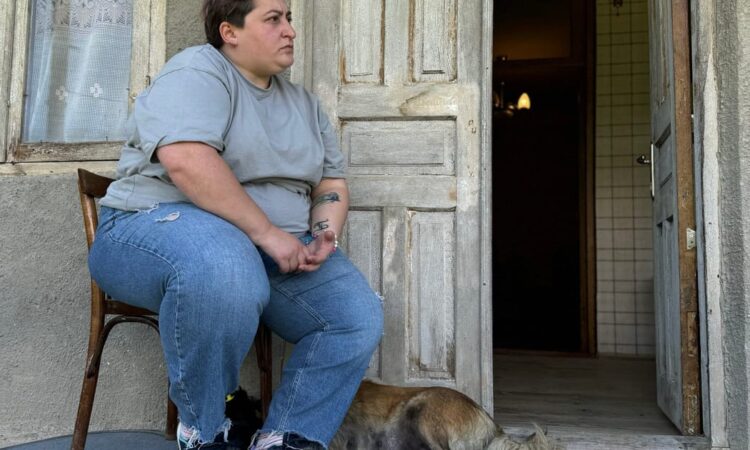
“We’re learning our practices and standards from the EU,” he said. “If that link breaks, we’ll stop learning — it’s not like we have anything to learn from Russia.”
Pivot to Moscow
Hundreds of thousands of Georgians have taken to the streets of the capital, Tbilisi, and other major cities in previous weeks to demonstrate against the “foreign agent” bill.
But the changes to civil society are just part of what many protesters, opposition politicians and Western officials fear is a pivot away from Georgia’s European path and toward Moscow. Since the Kremlin invaded Ukraine in February 2022, Tbilisi has refused to impose sanctions on neighboring Russia and has even bolstered trade ties.
With nationwide elections scheduled for October, Georgian Dream’s rhetoric has started to resemble that coming from the Kremlin, with its leadership airing conspiracy theories about a “Global War Party” that wants to drag Georgia, along with Ukraine, into conflict with Russia. The ruling faction has introduced an “LGBT propaganda” bill casting itself as the sole defender of Georgian values against a degenerate West, and has accused the U.S. of supporting NGOs that want to stage a revolution.
From her newstand on a street corner in Ambrolauri, Lia, 64, explains that of all the books, shoes and trinkets on offer, her best seller is the far-right Asaval Dasavali newspaper, a tabloid critics accuse of propagating anti-Western conspiracy theories.
“I support the government and their law,” she said. “For me, things like homosexuality are unacceptable. We need to get rid of all this evil influence from abroad, whether it’s from Russia or Europe — we are Georgians, nothing else.”






